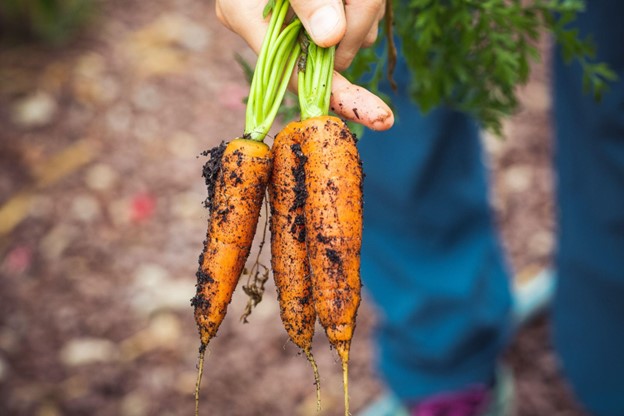My blog focuses on Financial Literacy/Money, Business/Entrepreneurship and STEM. Farming is all about science but it is also a business, and as such a major element is networking. The following contributed post is entitled, Building the Right Network When You Buy a Farm.
* * *
Farm ownership requires more than soil, seeds and livestock. It involves creating strong relationships that will set you up for long-term success. Farming involves hard work and collaboration between all members of a community. Having the appropriate people and support systems can mean the difference between thriving or simply surviving. In this blog, we will look at some important connections every new farmer must establish. From procuring supplies to selling products, these relationships will play a huge part in its prosperity.

Photo by Markus Spiske on Unsplash
Building Relationships with Local Suppliers
Farms require access to an assortment of supplies ranging from fertilizers and seeds to machinery and animal feed, so developing relationships with trusted local suppliers makes sure that these important items will always be at hand. Local suppliers tend to possess greater knowledge about agricultural challenges in your region, such as climate conditions and soil needs, making them invaluable partners. Also, buying local farm supplies can reduce transportation costs and strengthen community bonds. It is also better to have reliable professionals such as veterinarians, equipment maintenance providers and irrigation specialists on call should your equipment break down or livestock need care quickly.
Getting to Know Agricultural Advisors
Agriculture is far more complex than just planting seeds and waiting for them to germinate. Soil science, pest control, crop rotation and sustainable farming require expert knowledge and planning. Networking with agricultural advisors such as extension officers or consultants keeps you on top of new techniques while helping troubleshoot issues before they escalate further. These professionals may provide insight into government grants which could reduce costs when starting your farm.
Establishing a Community of Fellow Farmers
Building relationships within your farming community can be one of the greatest assets available to newcomers. Fellow farmers can provide invaluable advice, including which crops do best in your region or lessons learned from years of experience. Many farming networks also offer cooperative opportunities such as shared equipment rentals or bulk purchasing of supplies. Do not underestimate partnerships with nearby farms. Sharing transportation costs or marketing initiatives together can save you costs while simultaneously building camaraderie among farmers in the local agricultural scene.
Connecting with Local Buyers and Markets
Farms don’t just produce crops, they generate income. Building relationships with potential buyers (grocery stores, farmers’ markets, restaurants or people that are looking for farm-to-table produce) is important. Join food cooperatives or attend community events to meet them. Developing relationships with decision-makers at these organizations ensures your produce or livestock has a steady market. Likewise for niche farming (organic, specialty crops or artisanal products), making the right connections is also very important.
Conclusion
Building the right network can make starting a farm feel much less scary, yet rewarding. Suppliers, advisors, fellow farmers, buyers, financial professionals and the local community all play important roles in any successful farming operation. When you build these connections between them and yourself, a new farmer can build support structures which creates growth, resilience, and innovation as they learn the trade of farming. After all, farming is not just about growing crops, it’s about cultivating relationships as well.
